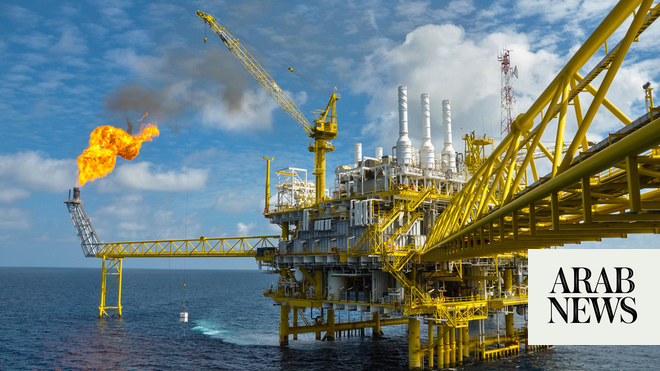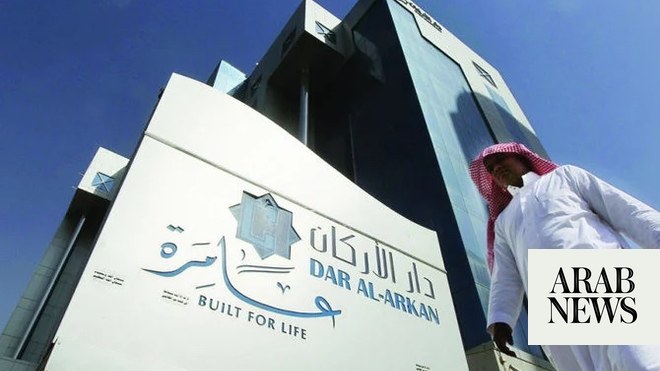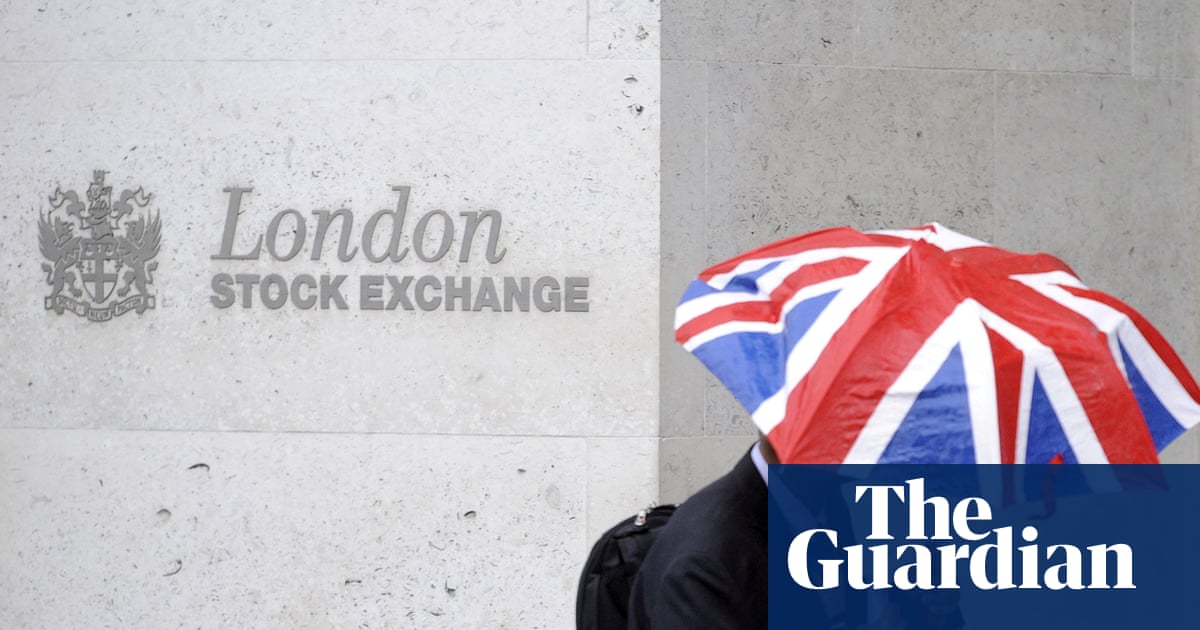
David Beckham’s esports team is to float on the London Stock Exchange to raise tens of millions of pounds to fund its entry into the booming world of online gaming.
London-based Guild Esports, which was incorporated last September and officially launched three months ago, plans to raise £20m. Beckham is understood to hold a stake of less than 25%, the second biggest shareholder, which is likely to be worth about £10m when the company floats next month at a valuation of about £50m.
Guild Esports will use the funds to recruit players to create a global gaming franchise as it looks to tap into the fast-growing esports market – people watching gamers play online - which has surged in popularity during the Covid-19 pandemic and is estimated to be worth $1.4bn (£1.1bn) this year.
An estimated 500 million fans tune in to watch tournaments, from Fortnite to Fifa and Counter-Strike, on platforms including Amazon’s streaming service Twitch, YouTube, Facebook as well as traditional TV.
Some of the biggest tournaments in the sector claim audiences bigger than events such as Wimbledon and the US Open. The richest tournament, The International, the world championship for the game Defence of the Ancients 2, boasted an esports record $34m prize pool at last year’s event in Shanghai.
The best gamers have become multimillionaires, with Yohan Sundstein, better known as N0tail, the top earner with career takings of $7m. Even below the top tier players can earn several hundred thousand pounds a year.
Guild Esports, which raised £5m of private funding earlier this summer, aims to compete in major esports tournaments as well as build a player training and scouting infrastructure modelled on the talent academies pioneered by Premier League football.
Beckham, the former Manchester United and England footballer who has more than 150 million followers on social media, will also use his “global influence and following to support the development of the company’s brand and business”.
The company intends to field teams to compete in four global online games: Fortnite, Counter-Strike: Global Offensive, Rocket League and Fifa.
“Guild will be the first esports franchise to join the London stock market,” said Carleton Curtis, the executive chairman of Guild. “It will provide us with the cache, credibility and capital to fulfil our ambition to become one of the world’s top 10 esports franchises within three years.”
The company said it intended to create revenue through tournament winnings, digital marketing opportunities, sponsorship, membership, merchandise and promotional tours and events.
Playing and watching esports has become a popular pastime, especially among young men, with an estimated 80% of fans under 35. The sector is increasingly attracting mainstream brands.
“It used to be that the only companies involved were those in the gaming sector, but now it is clothing, banks, cars, telecoms,” said Dom Tait, an analyst at the research firm Omdia. “Every major advertiser thinks esports is a reasonable place to place their money to target the many, young, higher earners who are fans.”
As the coronavirus pandemic brought live sport to a halt, Premier League, Formula One and others turned to esports after being faced with empty broadcast schedules.
In April, the Premier League ran its first esports invitational with players from each of the 20 clubs playing matches of Fifa 2020. The competition, which ended with a final between Liverpool’s Trent Alexander-Arnold and Wolves’ Diogo Jota, attracted more than 150 million viewers and was broadcast by Sky Sports. Its success led to a second tournament in May.
Formula One has run nine virtual grands prix, matching the postponed schedule of live locations. It has also looked beyond traditional gamers with celebrities including the singer Liam Payne, the Olympic-winning track cyclist turned racing car driver Sir Chris Hoy, the golfer Ian Poulter and the cricketer Ben Stokes competing with young F1 drivers.
More than 30 million viewers watched the virtual grand prix series, which was aired in more than 100 countries with broadcast partners as well as online.
And BT, which has struck a deal to sponsor the Excel Sports esports team, teamed up with Electronic Arts to broadcast a Fifa 2020 competition on its main channel complete with a live player draft.
The BBC recently broadcast the UK leg of the League of Legends competition, which is the most popular esport in the world, and the Commonwealth Games entered an exploratory partnership with the Global Esports Federation to examine how esports could be integrated into the Birmingham Games in 2022.
“What has been the barrier to the massive growth of esports and competitive gaming has been to get traditional broadcasters to really embrace it and take it mainstream,” says John Clarke, the chief executive of Gfinity, a gaming firm that has worked with the Premier League, Formula One and BT.
“With no live sport the broadcasters wanted something, but they were looking for entertainment, rather than [pure] esports competition. What Covid has shown is that if you get the right product and show it in the right way there is a very large [mainstream] audience out there. They now see a lot more opportunities for esport and gaming-related shows.”












